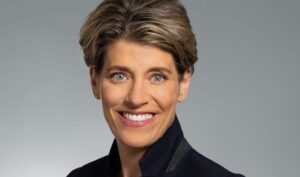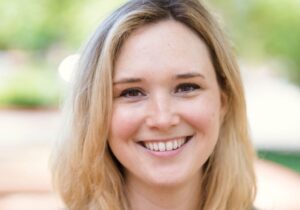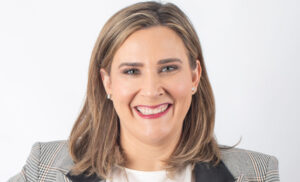Focus on serving clients, says Bospar’s Curtis Sparrer
The agency leader and Top Agencies awards winner shares a look at a day in his life as a leader of a virtual PR firm.
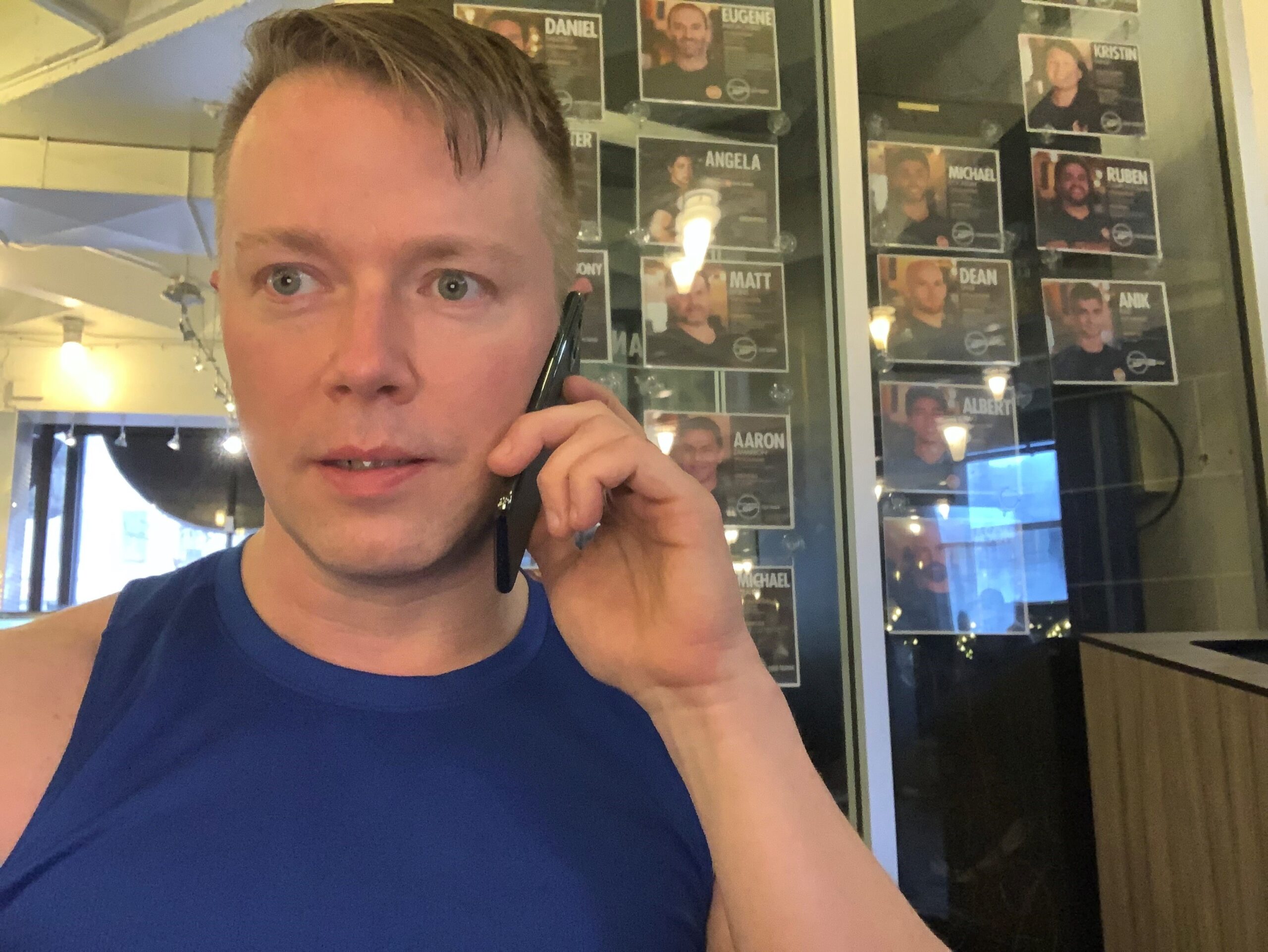
Before the pandemic forced so many organizations to adopt the virtual workplace, some PR agencies had already opted to forego an office.
For Curtis Sparrer, principal of Bospar, the lack of a physical office was a clear benefit when he launched his firm in 2015. And since then, he’s only had time to refine how his work can be done from anywhere.
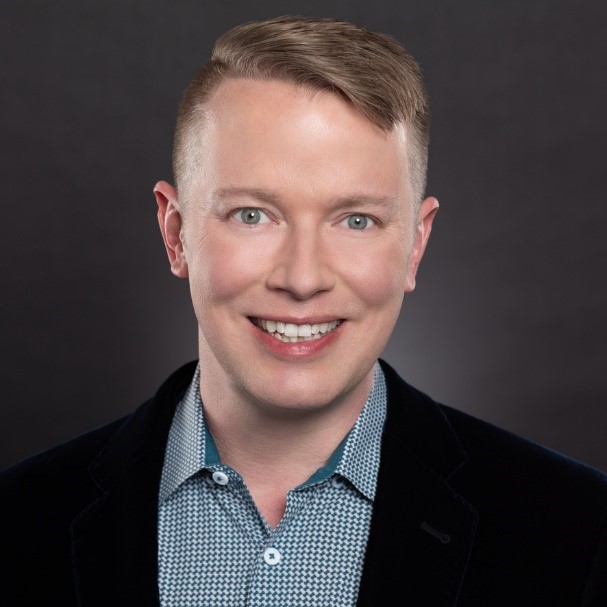
We caught up with Sparrer for our “Day in the Life” series and were thrilled to honor him as a top agency leader for 2022 in our recent Top Agencies awards.
Here’s a bit of what Sparrer had to say about his work:
1. What’s your favorite part of your morning routine?
Sparrer: Every morning I bolt out of bed around 4:45 a.m. Pacific time to ensure that I’m available for anything that might come from Europe or the east coast. That’s definitely not my favorite part of my day, but I immediately head to the gym. You’ll see me in some mix-matched outfit answering questions about coverage tracking while on an elliptical. One time I even took an emergency client call while in my gym gear!
2. Who’s the most important person you talk to every day?
Sparrer: Is that a trick question to get me into trouble? Clearly my husband, Brice Stanek, is the most important person I talk to for my own sanity, but there are so many different “important people” that it depends on the task.
When I’m thinking about media strategy, I split “most important personhood” between Eric Chemi and Brett Larson, who came from CNBC and Fox News, respectively. When I’m looking for wisdom, it’s Chris Boehlke, my mentor and business partner. When it’s operations, it’s my other principal, Tom Carpenter, or SVPs Kim Barnes and Denyse Dabrowski. When it’s for content, it’s our chief content officer, Tricia Heinrich.
There are so many important people in my life: I guess I’m slutty that way!
3. What’s the biggest challenge you’ve faced in your career?
Sparrer: COVID-19 should be the answer for everyone. I contracted it in March of 2020, making me a COVID OG.
There was so much we didn’t know about COVID at that time, that I really panicked, especially when I noticed I was becoming a “mouth breather” just to get more oxygen. That said, no one at my agency knew how I was feeling. I believed if my staff saw my fear, it would send everyone into a tailspin. What they needed was presence, a sense that everything was going to be OK. So, I made sure people saw me frequently over Zoom.
During each meeting I channeled our media training program to stay positive, keep things light with a joke and above all else, not cough — at least not too much.
4. What’s your best book or podcast recommendation for PR colleagues?
Sparrer: When I was in France, pretending to understand what my in-laws were saying over foie gras, I read Sabrina Horn’s book, “Make it, Don’t Fake it.”
I felt like Sabrina was me from a parallel universe, with better hair and more ambition. When I got to the part where she’s at a business pitch that’s going off the rails, I shouted, “That’s me!”
I suddenly became a huge fanboy and emailed her, asking if we could meet up. We recently had lunch in New York, and I can report she is as wise as she has great taste in restaurants.
5. What’s your favorite tool you use regularly for your work?
Sparrer: I know it’s old school, but I love Microsoft Outlook. Just knowing how many emails are in my inbox pace me for the day ahead. If it’s 300 emails, I’m behind. 150 emails — average day. Under 100 — I’m crushing it.
6. Are you in an office/remote or both? What do you like (or dislike) about your current setup?
Sparrer: We launched Bospar as a national, work-from-home PR agency in 2015, a move the trade press would declare “prescient.” I firmly believe professional services organizations will continue to become more remote-first as they realize it’s better to invest in people than buildings.
I routinely get catfished by bigger agencies that are promising a business deal only to switch things around and ask me how they can make work-from-home work for them.
There are so many things to like about working from a remote-only agency. First, when everyone is remote, it doesn’t create weird power dynamic between those people who work at an office versus those who don’t. There are no turf wars for corner offices. There are nearly no HR complaints. Absenteeism is down. And when someone gets sick it doesn’t impact the whole office. With all the positives I believe physical offices will go the way of the powdered wig.
7. What’s one trick you use to promote well-being, make yourself feel good at work?
Sparrer: There’s an old expression: an army marches on its stomach. In my lazy Google search, I see it’s been credited to both Napoleon and Frederick the Great — but whoever quipped that line should have worked at a PR agency. Whenever a colleague is working late or on the weekend, we immediately reward them and their family with a nice dinner on us. We find rewards for extra credit are a real morale booster.
When Forbes named us one of the top PR agencies in the U.S., we made sure to give everyone a $1,000 thank you. When people have been busting their butts, we reward them with trips around the country. In fact, we are going to be sending some of our colleagues to France this year! Oh-la-la-la.
8. What’s the best advice any one has ever given you in your career?
Sparrer: The best piece of advice I ignored was to set up a physical office! Does that count?
Seriously, when I reflect on my professional career, I think of where it started: the hospitality business. That’s just me being fancy for Chili’s. When I was taking orders for Rojo Burgers or fajitas — this was before the awesome blossom — I was trained to repeat what the customer ordered in my own voice so I could prove that I understood their order.
I would later use the same active listening technique in the newsroom with anchors and reporters. And now with PR clients. That’s the bottom line with PR: make sure you understand what the client wants and 86 what the client doesn’t and both of you will have a good night.




